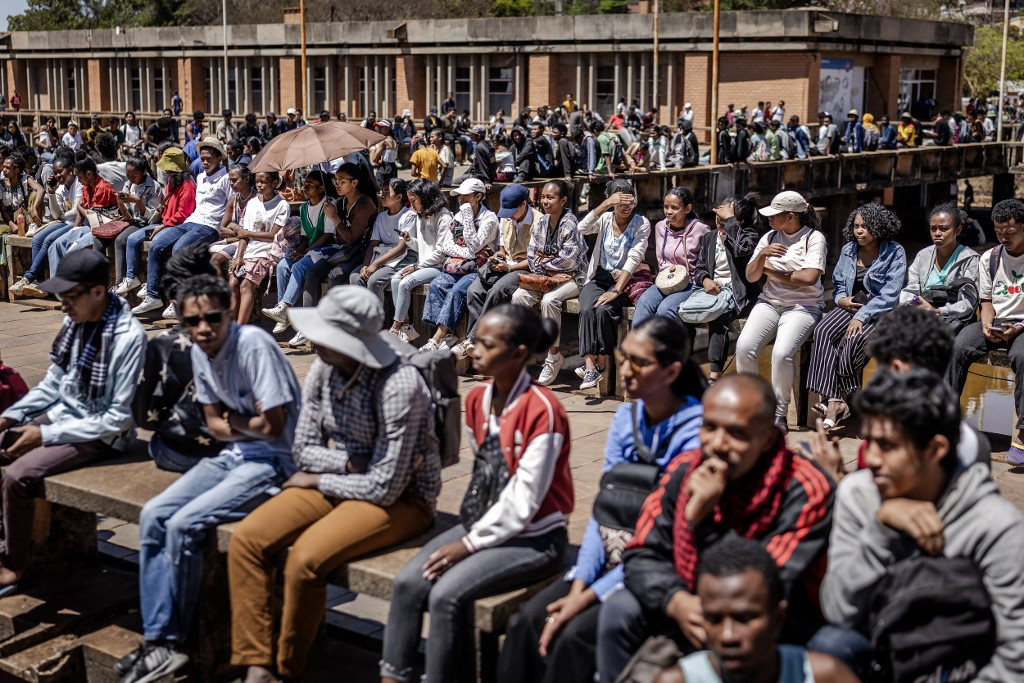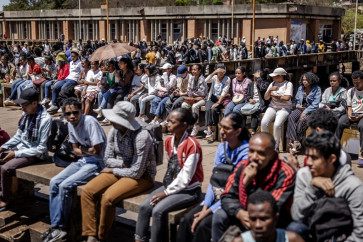Popular Reads
Top Results
Can't find what you're looking for?
View all search resultsPopular Reads
Top Results
Can't find what you're looking for?
View all search resultsGen Z mobilized, protests spread across the world
Young people across the world, who appear to be inspired by the Gen Z movements in Indonesia and Nepal, have continued demonstrations against their governments in recent weeks.
Change text size
Gift Premium Articles
to Anyone
T
he spate of public demonstrations against unemployment, corruption and low quality of life around the world is striking because of who is leading them. Young people have used social media platforms such as Facebook, TikTok, Instagram and YouTube to spread information and arrange their demonstrations.
While some of these protests have remained peaceful, demonstrations in Indonesia and Nepal became violent. At least ten people died in Indonesia’s protests in late August, when public anger over the cost of living and social inequality increased following the police killing of an ojol (online motorcycle transportation) driver.
72 people were killed in Nepal, when demonstrations against a government social media ban in early September escalated into widespread protests over political instability, elite corruption and economic stagnation. The Gen Zers leading these protests said the movement had been hijacked by “opportunist” infiltrators.
Young people, apparently inspired by the Gen Z protests in Indonesia and Nepal, have been demonstrating against their governments in recent weeks.
Hundreds of young people marched in the Peruvian capital, Lima, in late September against the government’s introduction of pension reforms which require young Peruvians to pay into private pension funds. These protesters were joined a week later by transport workers, who marched towards Congress in the center of Lima.
In a clash on Sept. 29, during a protest organized by a collective called Generation Z, crowds threw stones and gasoline bombs at the police, who responded with tear gas and rubber bullets, injuring at least 18 protesters.
These protests came a few months after Peru President Dina Boluarte issued a decree doubling her salary. The move, which came despite Boluarte’s historically low approval rating of only 2 percent, was declared “outrageous” by many observers on Peruvian social media.


















